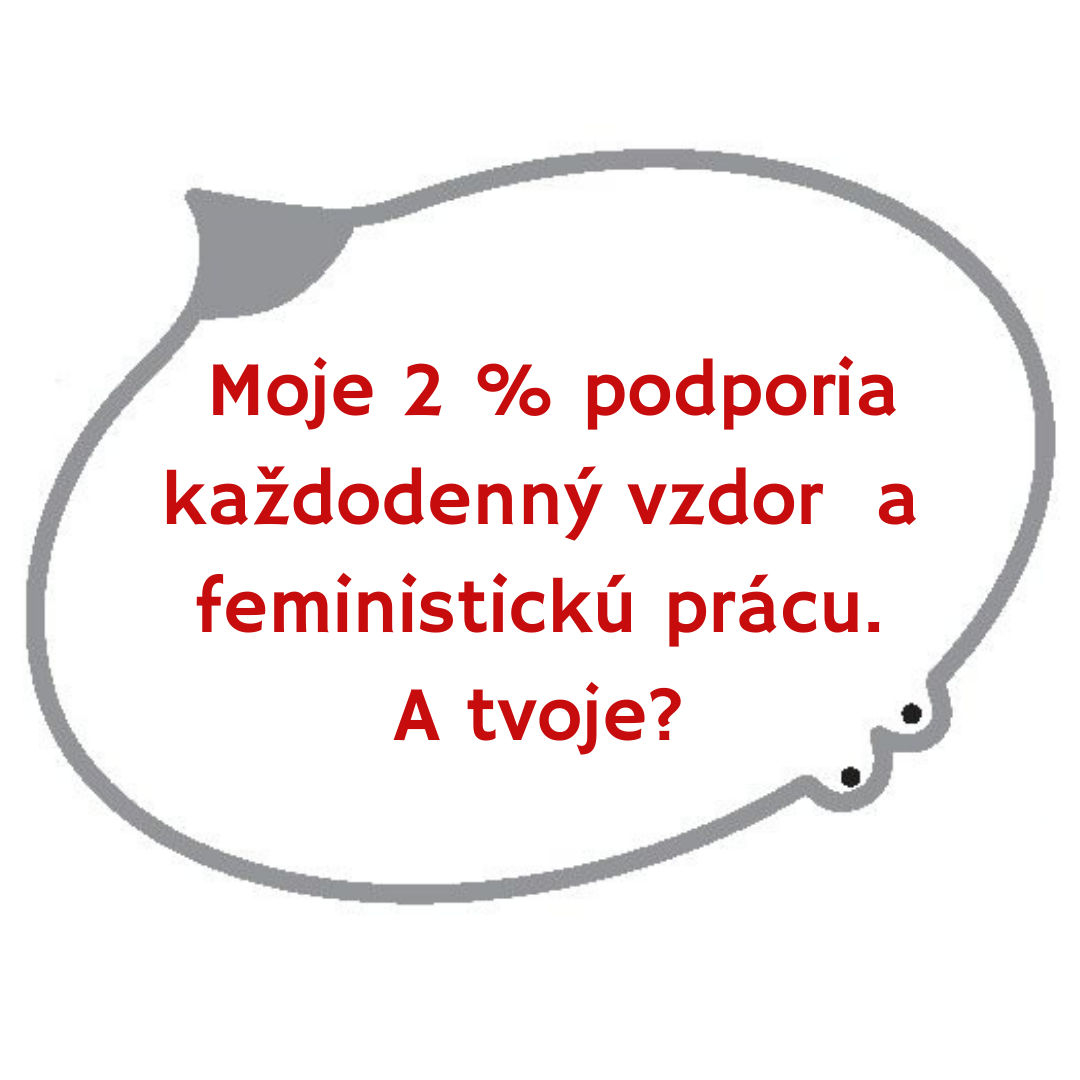Introduction to My Seven Lives
Presented at the book launch in Bratislava on 28 March 2012
Under Jana Juráňová’s sensitive and perceptive questioning a well of memories opens up, allowing that which is almost unutterable to be uttered after all. My Seven Lives paints a picture of the history of the past decades that is both vivid and realistic by viewing the events, characters and paradoxes of each period through the prism of human stories. These stories, Agneša Kalinová’s own and those of others, provide readers familiar with the “big history” with an insight into “little histories”, the stories of individuals, families, social groups and communities of spirit, to quote a close friend of the Kalinas, writer and philosopher Milan Šimečka.
However, the personal history covered by this book is not just any old “little history”, as it was played out against the backdrop of a unique “big history” of that part of Europe which the US historian Timothy Snyder in his most recent book dubbed the “Bloodlands”, the area that found itself in the power nexus of Germany and Soviet Union, Hitler and Stalin and Stalin’s heirs.
Agneša Kalinová touches upon this right at the beginning of her memoir: “Discontinuity is something that has been for me a kind of life-long -- and typically Central European -- motif. A sudden upheaval, imposed by outside circumstances, by an unwanted interference of external forces, would suddenly erase everything, or at least much of what we had until then taken for granted. Everything would have to begin again from scratch, it would be like the start of a new era.”
Individual stages of her life have thus been torn asunder, disconnected and turned into separate lives rich in paradoxes. Having survived the Holocaust hiding in a convent in Budapest, after the war she initially embraced the new regime, embarking on a career as journalist and film critic, and -- along with her colleagues on the weekly Kultúrny život -- becoming involved in the reform movement known as the Prague Spring. “Looking back, the way I would put it,” she says of this period, “is that we rushed headlong on our bicycles, mopeds, motorcycles and Felicias -- into a dead end... But it was an enjoyable ride, it was great fun to hurtle along on our Felicias and mopeds and bikes, and to believe we were truly headed somewhere. Many people in my generation and even some who were slightly older were convinced we would be able to continue within an improved, more democratic system, in a more European and open spirit and, last but not least, within a significantly more relaxed Soviet bloc.”
She recalls how, at the height of the Prague spring, she met Eduard Goldstücker, the first Czechoslovak Ambassador to Israel, then a 1950s political prisoner and later professor of German literature at Prague's Charles University and one of the initiators of the Franz Kafka revival [Kafka’s books having been until then banned in communist Czechoslovakia]. In the spring of 1968 Goldstücker was Chairman of the Czechoslovak Writers’ Association. “We were attending some kind of writers’ conference and he came up to me in the break and said, let’s go for a little walk. We walked around Kafka’s Prague and he showed me all those places that had not yet been marked with plaques; we walked down to the Old Town Square, which in those days were not yet thronged with tourists, along those tiny streets and he was saying: ‘Just wait and see what we’re going to make of this, we’ll be living here as human beings, free of fear, everyone will be astonished.’ It was a confident, somewhat messianic fable, and I enjoyed listening to it. To this day I associate this period with Kafka and the Old Town Square of our walk... What we believed in those days was -- to put it very crudely -- that we would just have to get rid of all those idiots and morons in the top posts and start doing things in a more intelligent way.” Twelve days later Czechoslovakia was invaded. The country was rushing towards an unhappy future, and Agneša Kalinová and her family were not spared: the regime, embodied by the secret police, targeted them as victims of the post-invasion “normalization and consolidation”.
The book documents how, following the Soviet invasion, the regime replicated the system of elimination, exclusion and isolation, indeed racial persecution, that people in Slovakia remembered from World War II.
Forunately -- and this is another paradox -- not only did the system not manage to silence Agneša Kalinová; she became more present than ever before. Over the humming of the jamming machines thousands of Radio Free Europe listeners all over Czechoslovakia heard her unforgettable voice, husky as a jazz singer’s, addressing us with the dispassionate attitude of a Central European tested by fate.
red. Introduction to My Seven Lives In ASPEKTin - feministický webzin. ISSN 1225-8982. Uverejnené 25/07/2012. Získané 18/04/2024 - 05:29. Dostupné na http://aspekt.sk/content/aspektin/introduction-my-seven-lives




